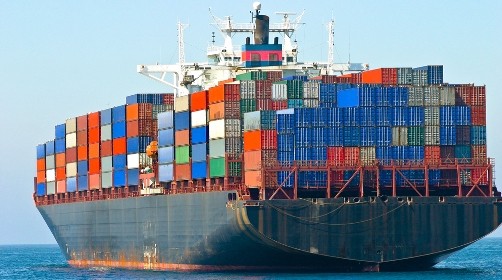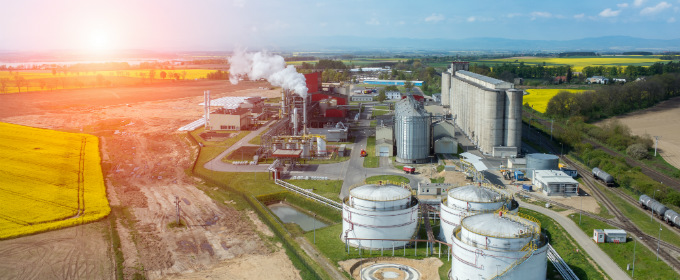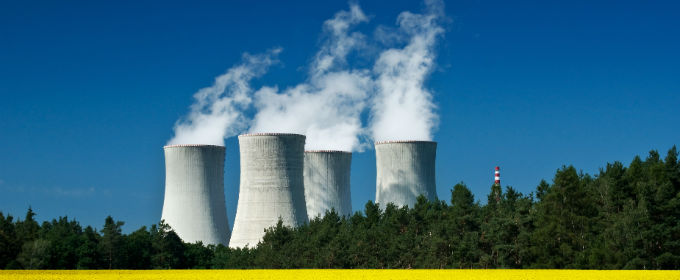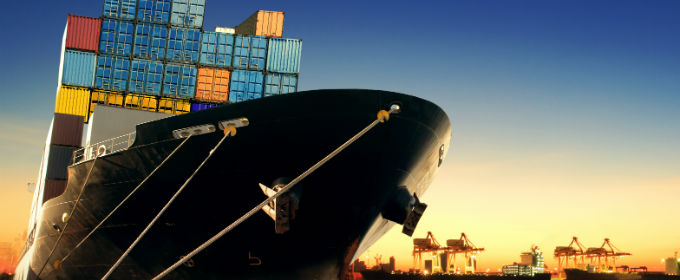In the days and weeks following the global lockdowns due to COVID-19, reports emerged on plunging carbon emissions and better air quality. The hashtag #BuildBackBetter quickly emerged as communities and governments started thinking about how to reconfigure essential travel infrastructure in a rapidly changing world. But as lockdown restrictions have eased, to varying levels, emissions […]







